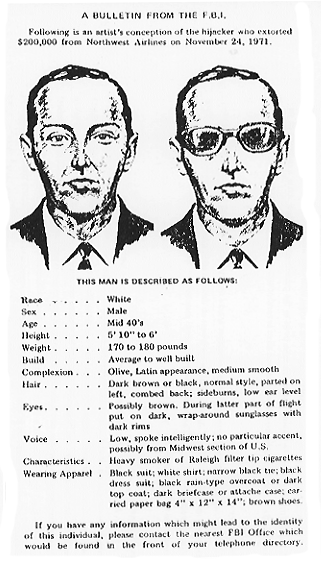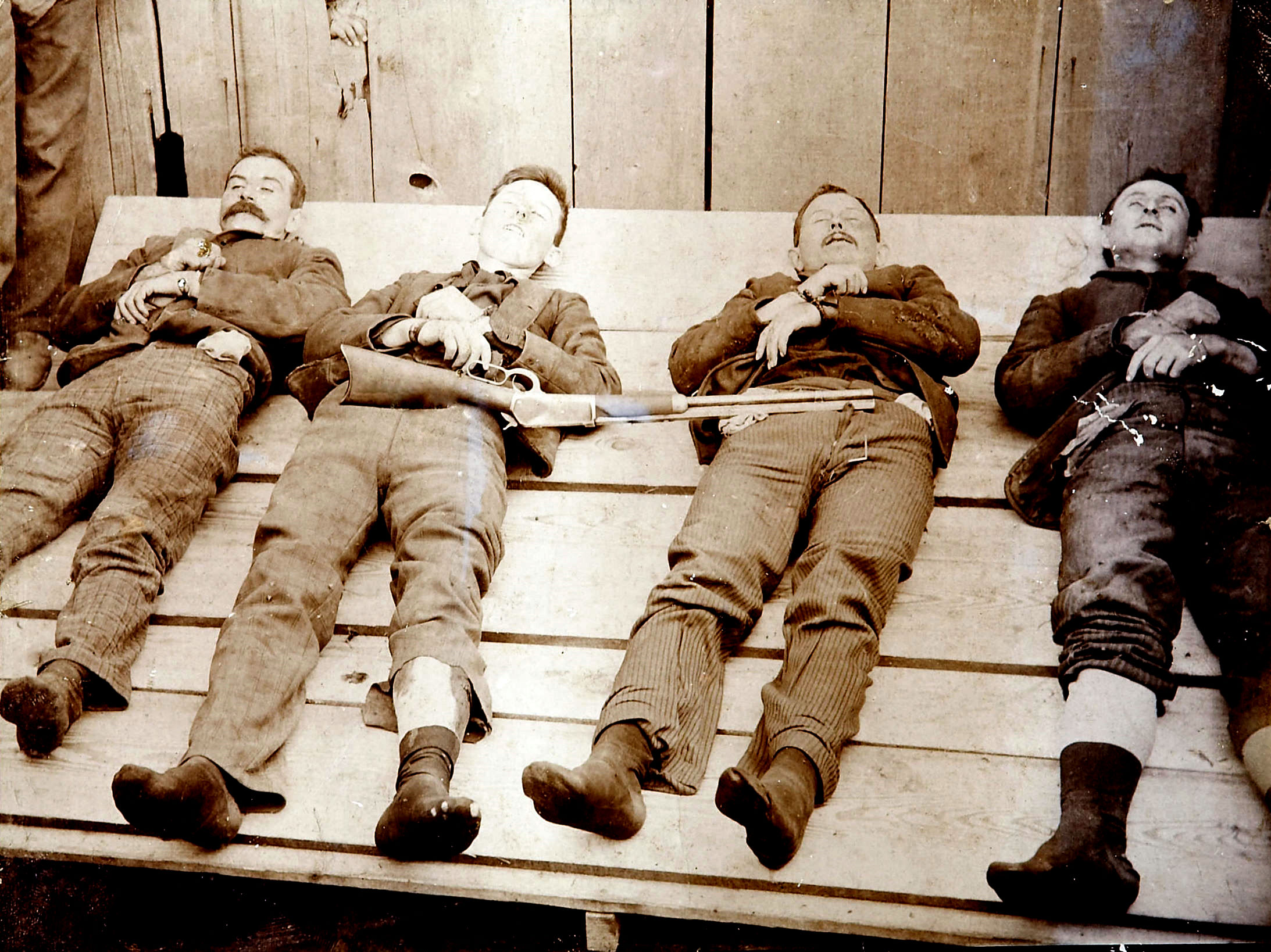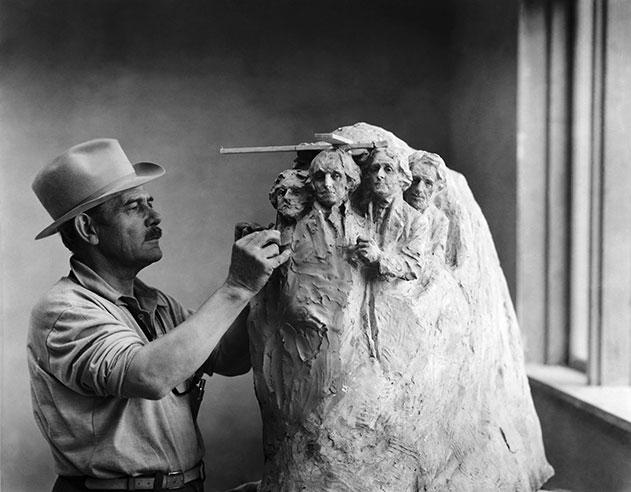
A fully-employed man who regularly Dumpster dives to get free food and other goods just did an Ask Me Anything on Reddit. A few excerpts follow.
__________________________________
Question:
No offense, man, whatever creams your twinkie, and I’m certainly not above liberating things that are still good and the owner has lost eye contact, but damn, just reading this thread makes me all creepy-crawley and itchy.
Answer:
It’s not for everyone. I can understand that. There’s lots of things others do that I accept of them but would never do myself.Do keep in mind I have enough experience to stay clean, safe, and productive while diving. It’s not as though I stick my head in waste, I carefully pick up packaged lettuce with a grabber tool, place it in a sealed bag, take it home, wash off the exterior of the bag, inspect it for tears, and wash the contents again before using it.Really is it that much more disgusting than the thought of animals in the fields where the produce grows, covering it in pesticides, strangers picking it up and putting it in reused wooden boxes, sitting in the back of semi container used for any mystery purpose in the past, getting put on the shelf by store employees, and having who-knows-how-many customers manhandle that apple and put it back on the stack?
Being in a metal box outside which is full of other healthy produce hardly seems an issue by comparison. If you disagree, I can accept that.
__________________________________
Question:
Living in New York, the bedbug thing is really what has stopped me in my tracks when recovering used furniture. The other thing is our rat population is so large, I’d be terrified of eating something that potentially has animal feces on it. I’m interested on hearing an expanded take on that.
Answer:
I can understand that. If I were in New York, especially NYC, I would be deterred as well. I am fortunate to live somewhere I only occasionally see raccoons, who keep their distance. Bedbugs aren’t common here. Even so I don’t want to be the black swan who gets a bedbug infestation, and so I never recover fabric furniture. I’m very, very cautious of wood furniture as well and try not to let it indoors. Bedbugs are the herpes of furniture.I only eat fully packaged food products to be more certain that they are sanitary. Just in case, I also recook (not just reheat) pizzas and other hot product. For bottle of juice I check them for bloating, and if clear I put them in warm bleach-water in the sink to disinfect the exterior and then let then air dry. For produce, even though its bagged I wash it really really well. I figure there’s nothing in the bin any worse than was on the farm workers hands, the box truck, the grocery store shelf, or my crisper drawer.
__________________________________
Question:
Do you have a family? Wife and kids or close to parents and siblings? Do they dumpster dive as well? How do they feel about that?
Answer:
I am married, and we go diving together most of the time. It’s nice to have one person in the car, and the other run out to scout a dumpster before bothering to park.
Her parents also dumpster dive, but not as adventurously as we do. What is nice is that they live about 2 hours away, and we visit we can exchange scores. We get lots of juice and no bread, they get lots of bread and no juice, so we make sure to bring some trade whenever we go over, and vice-versa.
My parents know and don’t mind, but they also don’t really talk about it and I know they wouldn’t appreciate me serving them dived foods. I cook them conventionally obtained foods when they visit. I’ll admit it has crossed my mind to make them an all dumpster meal and surprise them with the reveal after desert…but I decided I like their Christmas gifts too much to risk it.



























